Teddy Dondanville
Rock Climbing Guide & Freelance Writer
A Lesson Learned: Food Autonomy

In August I moved out of my host family’s house and into my own apartment. I made the decision to move out for a number of reasons. In general, nothing was going wrong. I didn’t feel particularly unsafe or unhappy with living with my host family. However, I was feeling unsatisfied with a couple of things. One of those things was the food I was eating (or wasn’t eating) and the impacts on my health that came from that food.
I think Peruvian food is really delicious. Some of my favorite plates are lomo saltado, arroz chaufa, pachamanca and tallarin verde. With that being said, I was really missing the food I like to cook, particularly vegetarian and vegan food. For the most part, Peruvians eat meat everyday. Some will even eat it twice or three times a day much like many North Americans. This is way too much! I was growing tired of eating meat.
I was not only lacking control over what type of food I was eating. I also did not control when I would eat. Because I was living with a host family, I was treated like one of their kids. That meant that I did not cook or control what the family ate. My mom and grandma were heavily in charge of that. This was a huge culture shock for me. I found myself being woken up earlier than I wanted in order to eat a breakfast I didn’t want. Or staying up later than expected just so I could not go to bed with an empty stomach. I did a lot of waiting and a lot of saying ‘yes’ when really I wanted to say ‘no’.
Since the age of 18, I have been living on my own and eating whatever I wanted, when I wanted. This autonomy eventually transformed into a vegan and vegetarian diet. I was eating a plant based diet, majority organic and mostly home-cooked. I was healthy and my body was happy. That all changed when I came to Peru.
After a year of service and living with my host family, I decided it was time to no longer settle with what I was eating, but to control it. The easiest way for me to do this was to move out. I say easy, but it really wasn’t easy. It was awkward, and honestly, sad. I just had to keep reminding myself that I would soon be a healthier, and therefore happier volunteer. My host family did not entirely understand why I wanted to move out. My grandma said to me, “no te gusta aqui?” (you don’t like it here). I had to keep explaining that moving out was a normal pathway for many volunteers (for example the volunteer before me), and that the reason I feel comfortable doing so is because of how much my they helped me integrate in my first year.
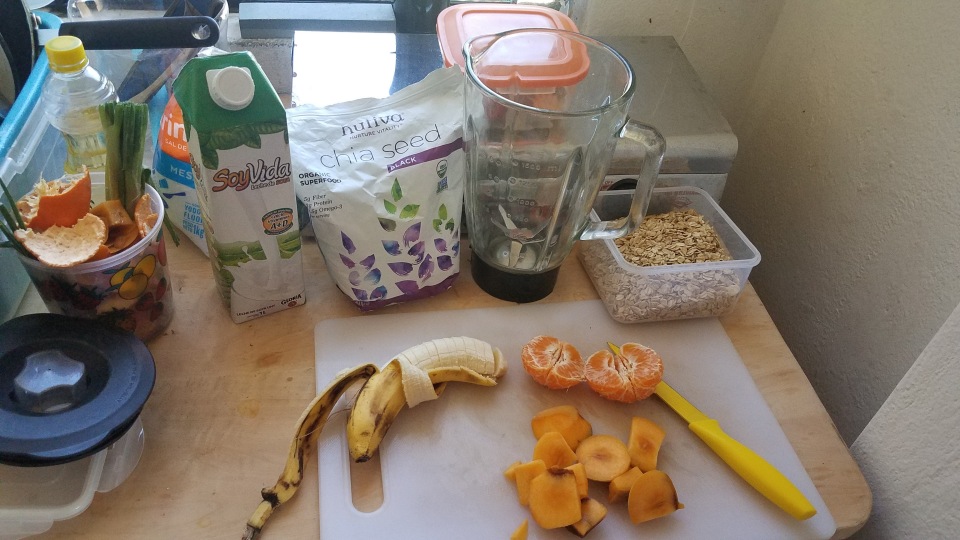
After moving out, I quickly got my kitchen prepared. Lucky for me, another volunteer Joe was finishing his service and moving out the week I was moving in. He gifted me things like kitchen utensils, water boiler, blender, spices, tea and tupperware. All I had to buy myself was my stove, a table to cook on and propane. Within a week my kitchen was up and running.
Since then, I have had a lot more autonomy when it comes to what goes into my body and when. Moving out and cooking for myself helped me realize just how often I was unhappy with what I was eating. And consequently, how unhappy my body was. Food is medicine. Food is fuel. If the medicine and fuel you put into your body is of lesser quality, you will find yourself sick, low energy and unhealthy. This was me for majority of my first year. My body was used to the plant based diet I created before my service, and desperately wanted to get back to that.
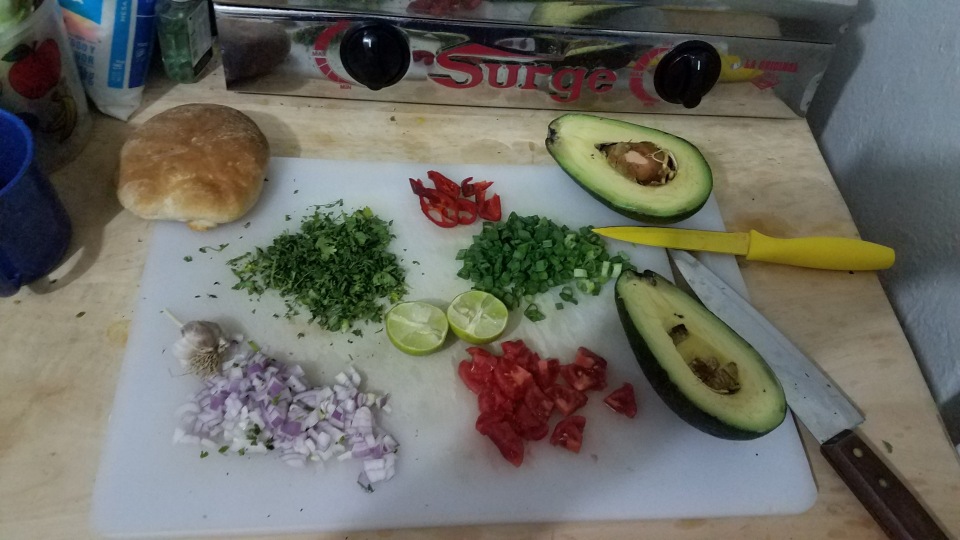
I already feel better with how I am cooking and eating. I feel healthier and in more control. I have no regrets about moving out. I still see my host family everyday and get to spend time with them. I eat lunch with them during the week. But now I prepare my own breakfasts and dinners. I have been making smoothies and fruit salads. Veggie pasta, and green curry quinoa. Guacamole and vegetable sandwhiches. My fruit and vegetable intake has skyrocketed. My stomach is more settled, I am less bloated, my skin is clearer, I don’t get colds, my poops are solid and my energy is higher (and longer lasting).
I think in the Peace Corps volunteers are brainwashed to say ‘yes’ to a lot of things. In training, we are told that integration is a process of accepting new changes and embedding yourself in new experiences. To do that, you have to be willing to say yes, despite not really wanting to sometimes. You also get told that your host family is your holy grail. They are the key to integrating into your site. In a lot of ways, it is true. But to another extent, they are not. Some volunteers do not have good lives at home but continue to live with their host family because of this implicit ‘yes.’ They are settling when they could be trying to move out and thrive. Others like me, have just an okay family experience…nothing terrible wrong and nothing terribly amazing. They continue to say ‘yes’ and settle with the living situation they have.
In my opinion, this is a dangerous cycle to be caught in. I think there should be a certain level of suffering built into any cultural experience. Especially one that is as consuming and long term as the Peace Corps. However, at a certain point, it’s vital that volunteers make the tough decisions to improve their experiences, even if it means moving out of their host family’s home. There is guilt that comes with it, some fear and nervousness, but it usually works out for the better. That’s what I have learned from other’s experiences and from my own.
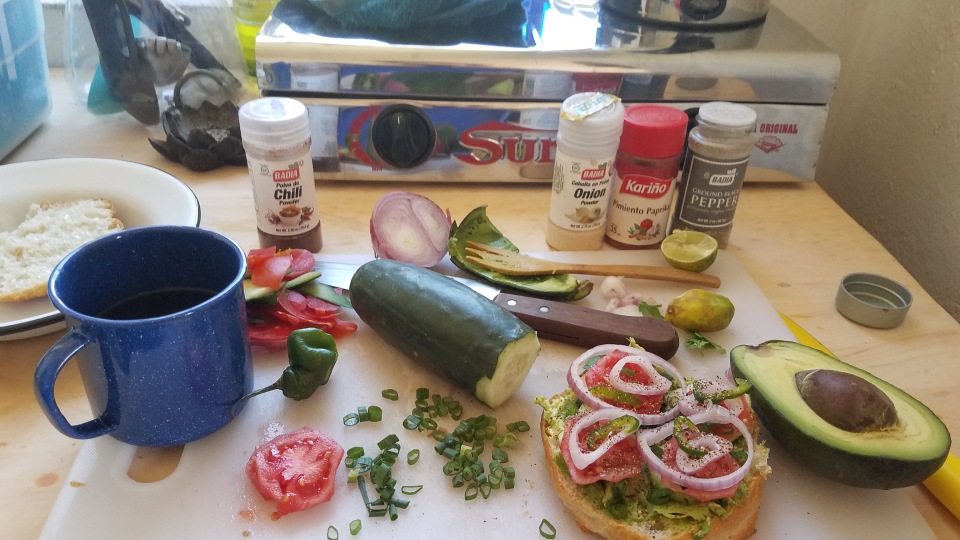




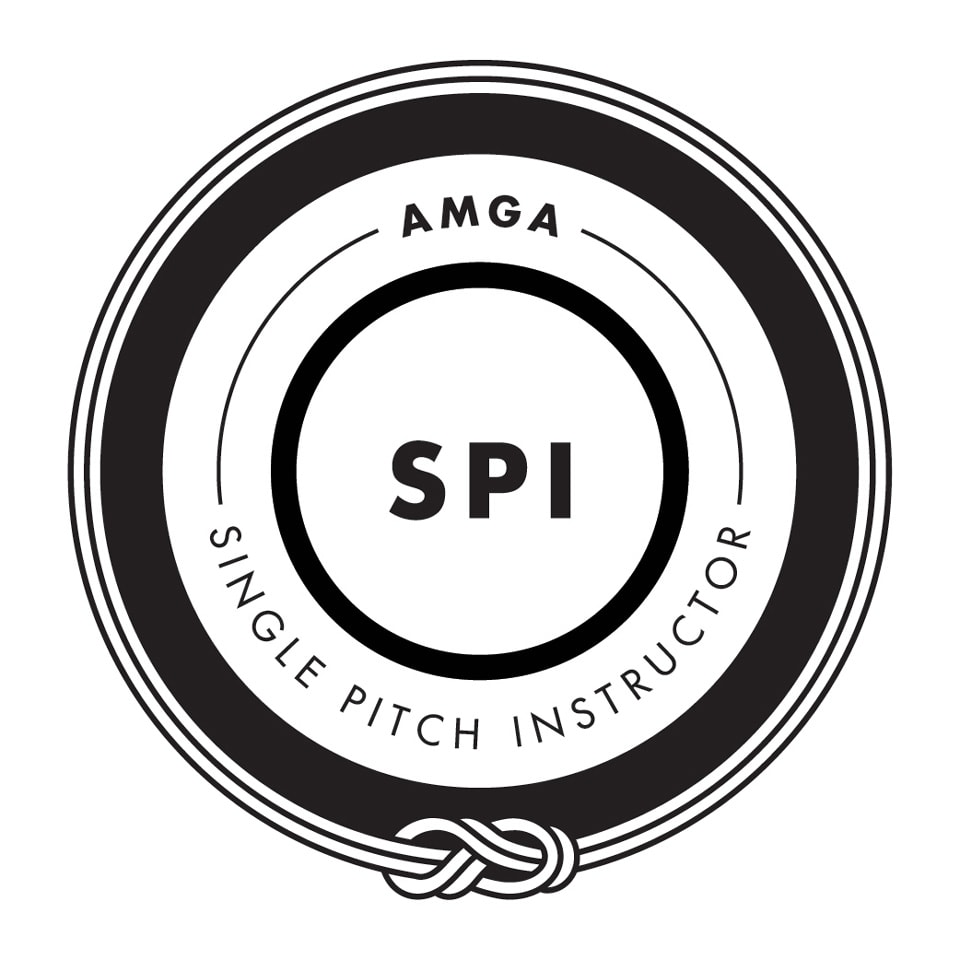
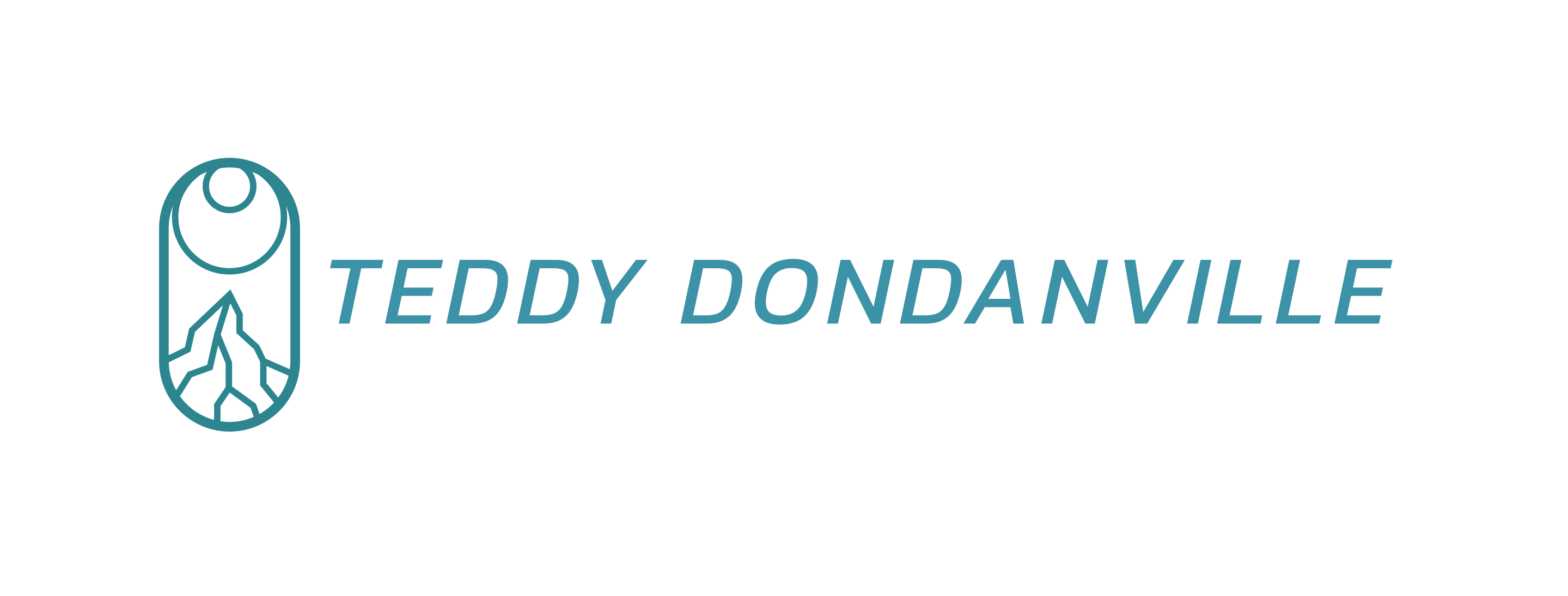
I could take some diet advice from you brother. Love to hear you feel healthier and happier.
I’m feeling great ! Best I have since I got here.